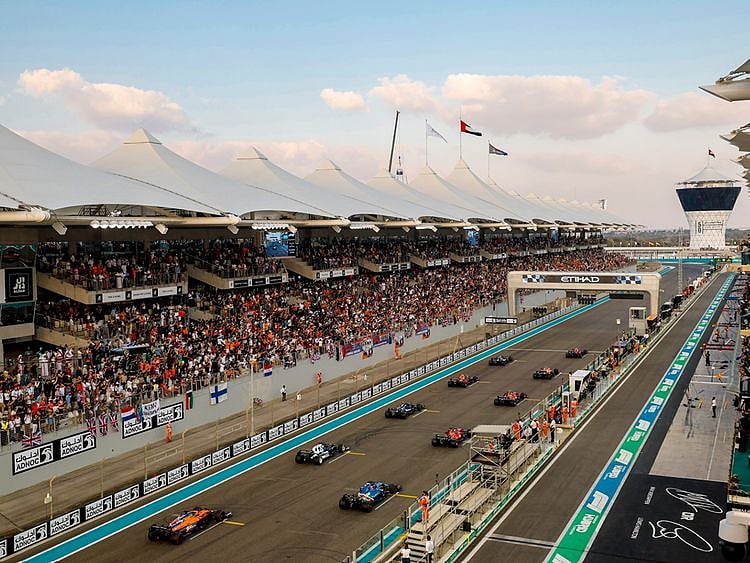GCC races to capture a slice of the $2 trillion global sports tourism boom
PwC says Middle East sports industry worth $600b and set for rapid growth through 2030

Dubai: The GCC is positioning itself to capture a significant share of the booming $2 trillion global sports tourism market by 2030, according to a new PwC Middle East report that urges the region to shift from hosting events to creating year-round destinations.
The report, titled Game on for the GCC – Turning sporting ambition into lasting tourism impact, argues that Gulf economies are now at a turning point. Having established themselves as premier hosts for global tournaments, they must focus on transforming short-term sporting success into long-term tourism value.
Globally, sports tourism already accounts for around 10% of total tourism spending and is projected to exceed $2 trillion by the end of the decade, growing at an annual rate of 17.5%. In the Middle East, the sports industry is worth about $600 billion and expanding at nearly 9% each year, driven by government-backed investment, infrastructure projects and growing international visibility.
Also Read
That's a sign that I have to quit, Sabalenka opens up on almost leaving the sportDubai tourism on track for record year as Winter 2025 season approachesSaudi Arabia bans outsourcing of local tourism jobs to boost national employmentSaudi Arabia remains the region’s most aggressive investor in sport. Its domestic market is expected to triple to $22.4 billion by 2030, creating 39,000 jobs and adding more than $13 billion to GDP. Between 2023 and 2025, the region hosted multiple international tournaments, from the FIFA World Cup in Qatar to Formula 1 races and global esports competitions. These events have put the Gulf on the world map but also exposed the need to move from one-off spectacles to sustainable, experience-led tourism ecosystems.
Closing the gap
According to PwC, the Gulf currently accounts for only 5% to 7% of global sports tourism spending, leaving substantial room for growth. The report identifies three strategic priorities for the next phase of expansion: designing mixed-use sports destinations that combine retail, leisure and culture; enhancing digital fan engagement to transform spectators into active participants; and developing a connected GCC-wide ecosystem that links events, destinations and talent through easier travel and unified marketing.
The report also calls for more investment in women’s sports, recreational facilities and workforce training, alongside better use of existing venues to ensure they remain active between major events. With over 60% of the region’s population under 35, PwC highlights youth engagement and digital innovation as essential to sustaining momentum.
The challenge, analysts note, will be maintaining year-round utilisation of the billions of dollars invested in sports infrastructure. Many stadiums and arenas are heavily used during headline tournaments but remain underutilised during off-peak periods. Creating content-driven festivals, fan zones and hybrid events throughout the year could help close that gap.
The opportunity, however, is immense. By developing immersive, experience-led sports destinations and connecting them across borders, the GCC can turn spectators into repeat visitors and transform sport into a pillar of diversified growth.
Sign up for the Daily Briefing
Get the latest news and updates straight to your inbox
Network Links
GN StoreDownload our app
© Al Nisr Publishing LLC 2025. All rights reserved.